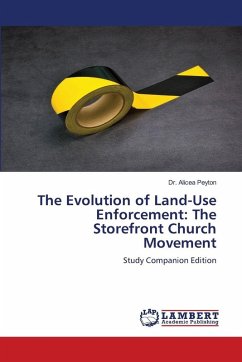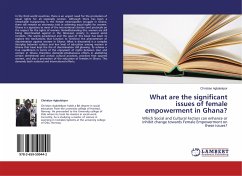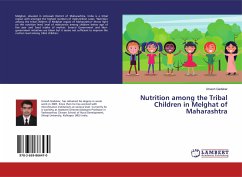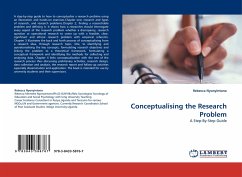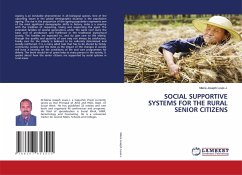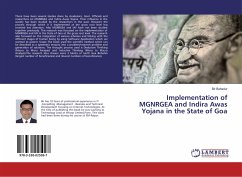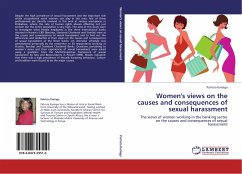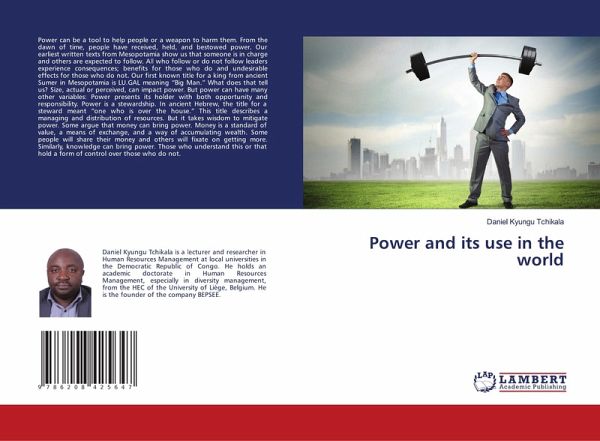
Power and its use in the world
Versandkostenfrei!
Versandfertig in 6-10 Tagen
29,99 €
inkl. MwSt.

PAYBACK Punkte
15 °P sammeln!
Power can be a tool to help people or a weapon to harm them. From the dawn of time, people have received, held, and bestowed power. Our earliest written texts from Mesopotamia show us that someone is in charge and others are expected to follow. All who follow or do not follow leaders experience consequences; benefits for those who do and undesirable effects for those who do not. Our first known title for a king from ancient Sumer in Mesopotamia is LU.GAL meaning "Big Man." What does that tell us? Size, actual or perceived, can impact power. But power can have many other variables: Power presen...
Power can be a tool to help people or a weapon to harm them. From the dawn of time, people have received, held, and bestowed power. Our earliest written texts from Mesopotamia show us that someone is in charge and others are expected to follow. All who follow or do not follow leaders experience consequences; benefits for those who do and undesirable effects for those who do not. Our first known title for a king from ancient Sumer in Mesopotamia is LU.GAL meaning "Big Man." What does that tell us? Size, actual or perceived, can impact power. But power can have many other variables: Power presents its holder with both opportunity and responsibility. Power is a stewardship. In ancient Hebrew, the title for a steward meant "one who is over the house." This title describes a managing and distribution of resources. But it takes wisdom to mitigate power. Some argue that money can bring power. Money is a standard of value, a means of exchange, and a way of accumulating wealth. Some people will share their money and others will fixate on getting more. Similarly, knowledge can bring power. Those who understand this or that hold a form of control over those who do not.





